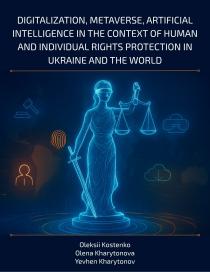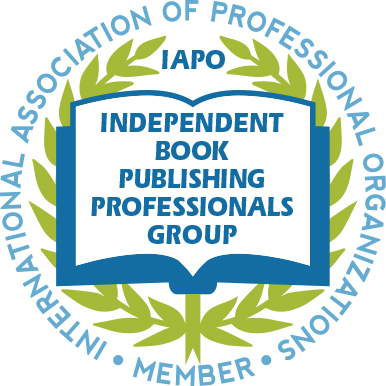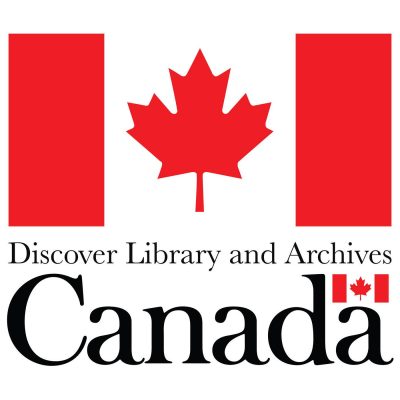THE CAPABILITY OF ARTIFICIAL INTELLIGENCE TO GENERATE OBJECTS OF INTELLECTUAL PROPERTY LAW, EXEMPLIFIED BY CHOREOGRAPHIC WORKS
Synopsis
The rapid development of artificial intelligence (hereafter referred to as AI) and its dynamic application in creative fields raise conceptual questions regarding the nature of authorship and the definition of intellectual property rights over the results of works generated by AI. The implementation of artificial intelligence poses challenges for artists, blurring the lines between the outputs of artificial intelligence, human creativity, and the legal frameworks pertaining to plagiarism and copyright.
The article focuses on the ability of AI to generate intellectual property rights on the example of choreographic works, determining who owns the copyright and possible approaches to solving this problem. The article discusses the relevant aspects of national legislation, the international context, and how other jurisdictions have addressed similar issues.










